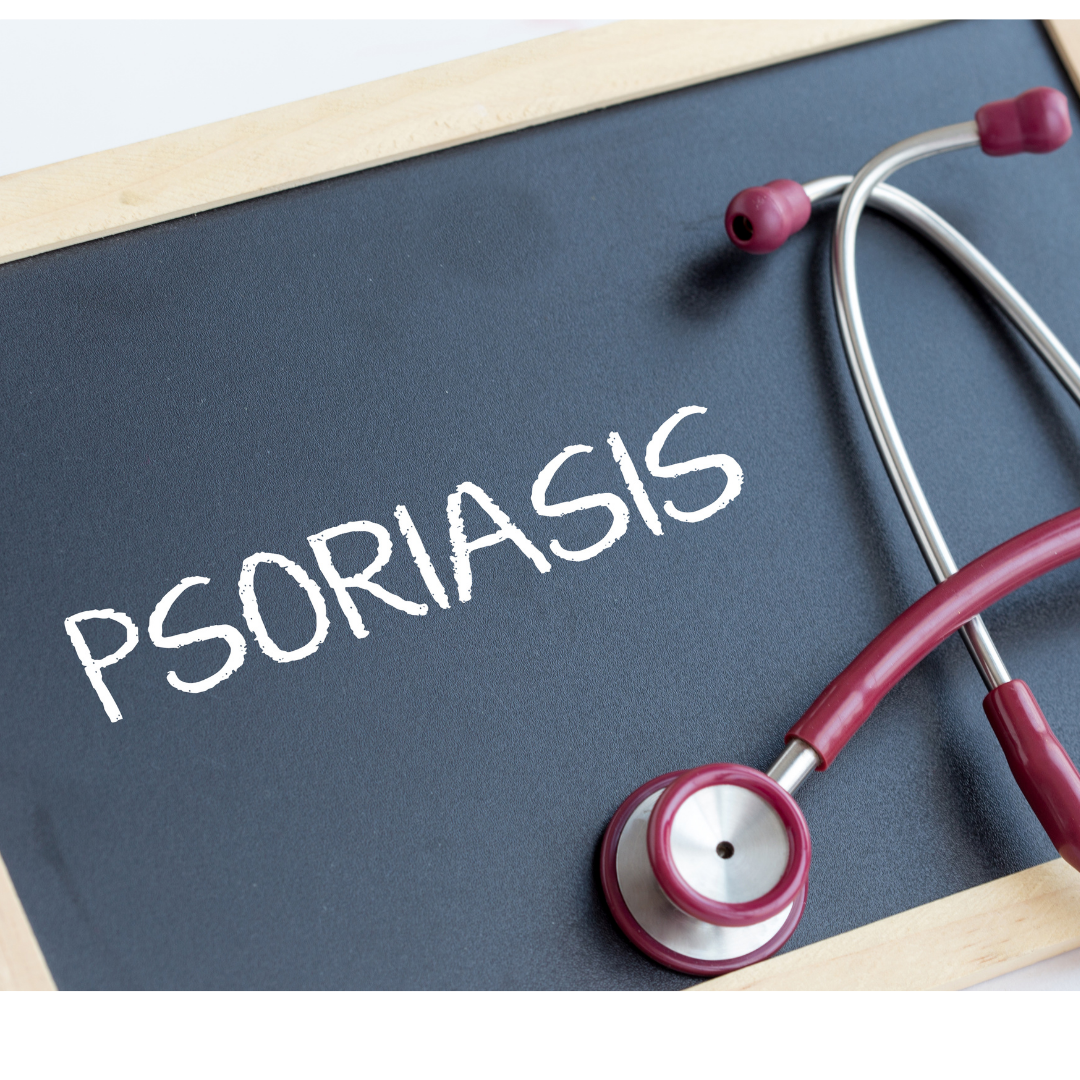Autoimmune conditions are now among the most common health diagnoses. Current estimates from the National Institutes of Health suggest that more than 7% of the U.S. population has an autoimmune disease — up to 23.5 million — and that figure continues to rise.
Accompanying ocular issues are not uncommon for many who have been diagnosed with an autoimmune disease. Research has identified dry eye as one of the most common ocular complications in patients with psoriasis.
Psoriasis and dry eye
Psoriasis is a chronic autoimmune disease that triggers the skin to speed up its cellular growth cycle and causes raised, red, scaly patches on the skin. The severity of the disease, as well as involvement of other organ systems, varies for each individual. The eyes are one organ that can be adversely affected, which may result in permanent complications or irreversible vision loss if not treated.
According to recent research, psoriasis may affect the lid, conjunctiva, or cornea resulting in the development of ocular manifestations, including corneal dryness. The study the found prevalence of ocular manifestations in psoriasis patients to be about 70%.
Working with your providers
At BostonSight, we can help many patients whose autoimmune diagnoses adversely affect their ocular surface. The pain, photophobia, and loss of visual acuity that are the hallmarks of dry eye can significantly impact quality of life.
With BostonSight PROSE™ treatment, 77% of patients with dry eye reported significant success. Because of the serious eye complications that can occur with psoriasis or other autoimmune diseases, it is recommended that patients receive a thorough eye exam once per year and that the patient’s health-care team watch for eye involvement and work closely with eye health providers for the most effective disease treatment and management.
This post is part of BostonSight’s archival content and was originally authored by Janice M. Epstein. Content has been updated to be current. This content is informational in nature and should not be considered medical advice. Please reach out to your medical professional for questions about your vision.
